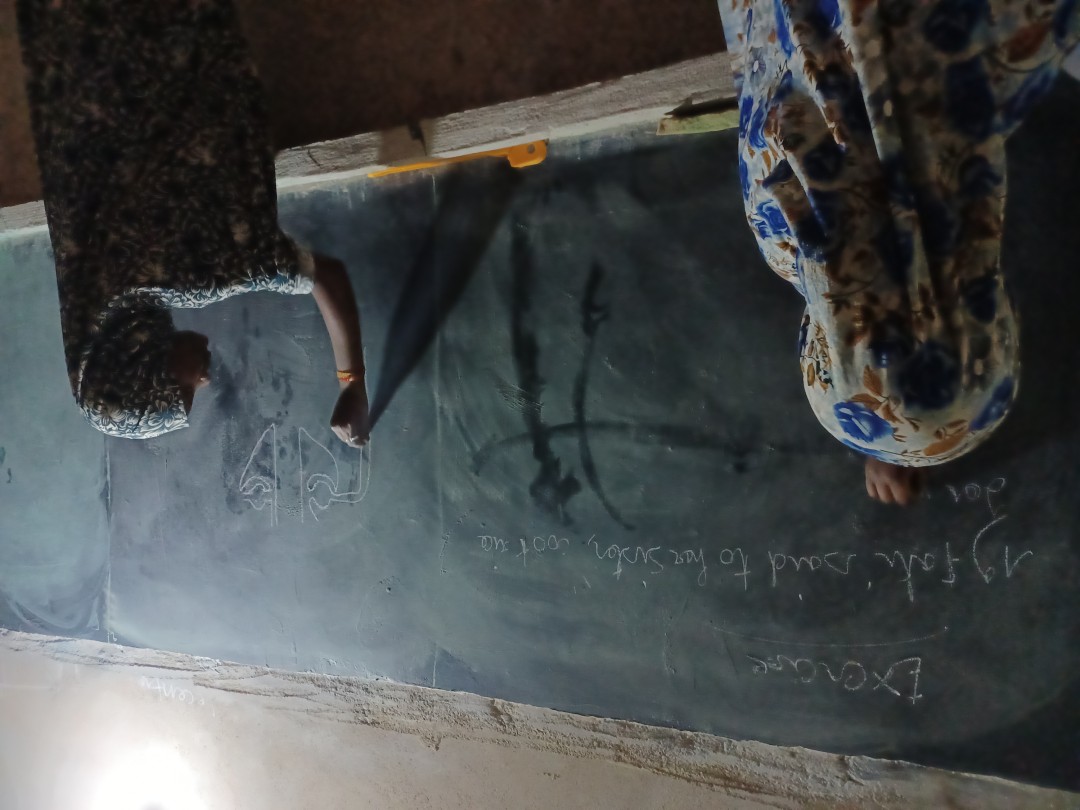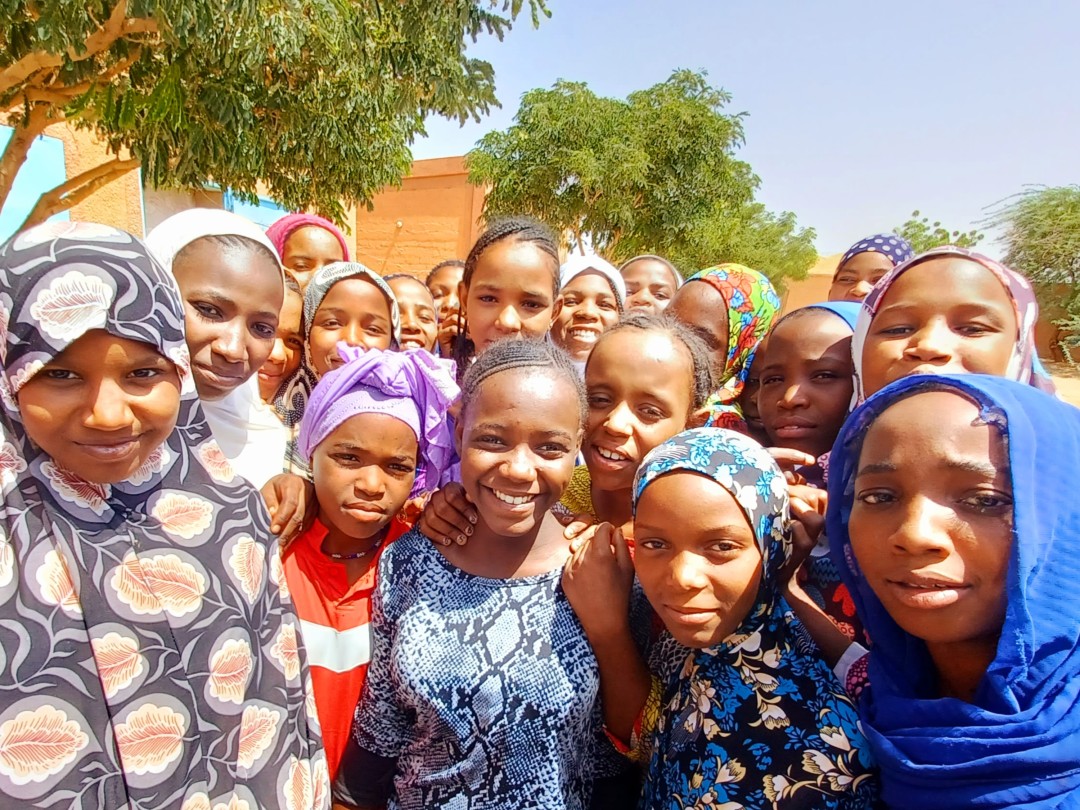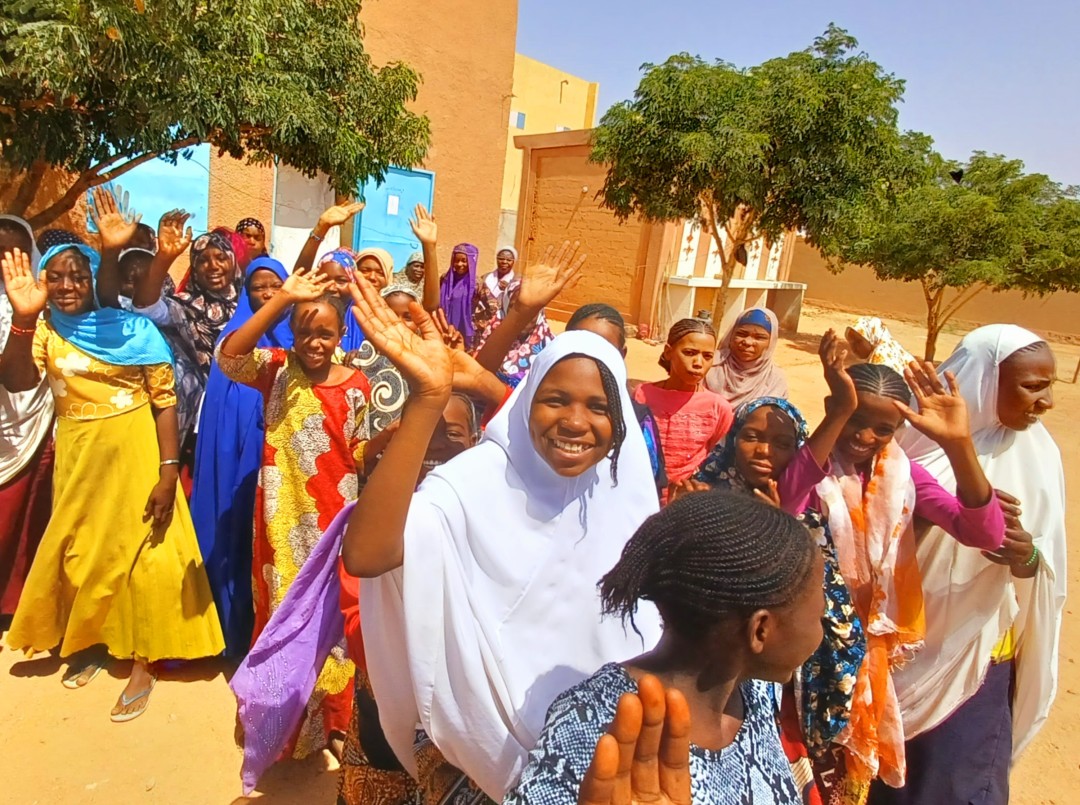Education for 80 Tuareg students
27 March 2023
The four –year project aims to expand Rain for the Sahel and Sahara’s (RAIN) existing “Lower Secondary School Homestay Project”, to an additional 80 under-resourced children from 17 isolated rural communities in the Agadez region. Following year 1, RAIN reported that project was operating across 4 schools in the villages of Aouderas, Dabaga, Ingall, and Dannet – all of which are in the expansive and sparsely populated Agadez Region.
Recruitment for the project covered more than 25 isolated villages. Village assemblies were held in coordination with the village chief, elementary school director and teachers, the parent-teacher association representative, and the broader community to present RAIN and to share and discuss theirobjectives around education and what opportunities and roles there are for the community to engage in this process.
RAIN recruited 40 women to serve as homestay mothers and host 80 students from isolated rural or nomadic communities that do not offer their own local secondary schools and which are zoned for the 4 participating lower-secondary school hubs. RAIN Field Agents worked with local families, leaders, and school staff to identify qualifying students entering 6ieme (the 1st year of lower secondary school) or enrolled in 5ieme-3ieme at a relevant partner school and who showed significant need for RAIN’s support.
100% of the recruited students are Tuareg – an ethnic minority in Niger that has often been underinvested and excluded. 29 of the student placements were filled y girls in this first year. This opportunity is particularly critical for girls as 76% of Nigerien girls marry by age 18 and 28% are married by 15. Unfortunately, a lack of investment in girls’ education at the primary level, and extremely high dropout rates among girls and rural students overall make it difficult to recruit girls. Hopefully having these girls as models will encourage other girls to continue their education and other families to support their daughters to do so. RAIN intends to bridge the gap of recruiting 60 girl s in the remaining 3 years of project implementation.








